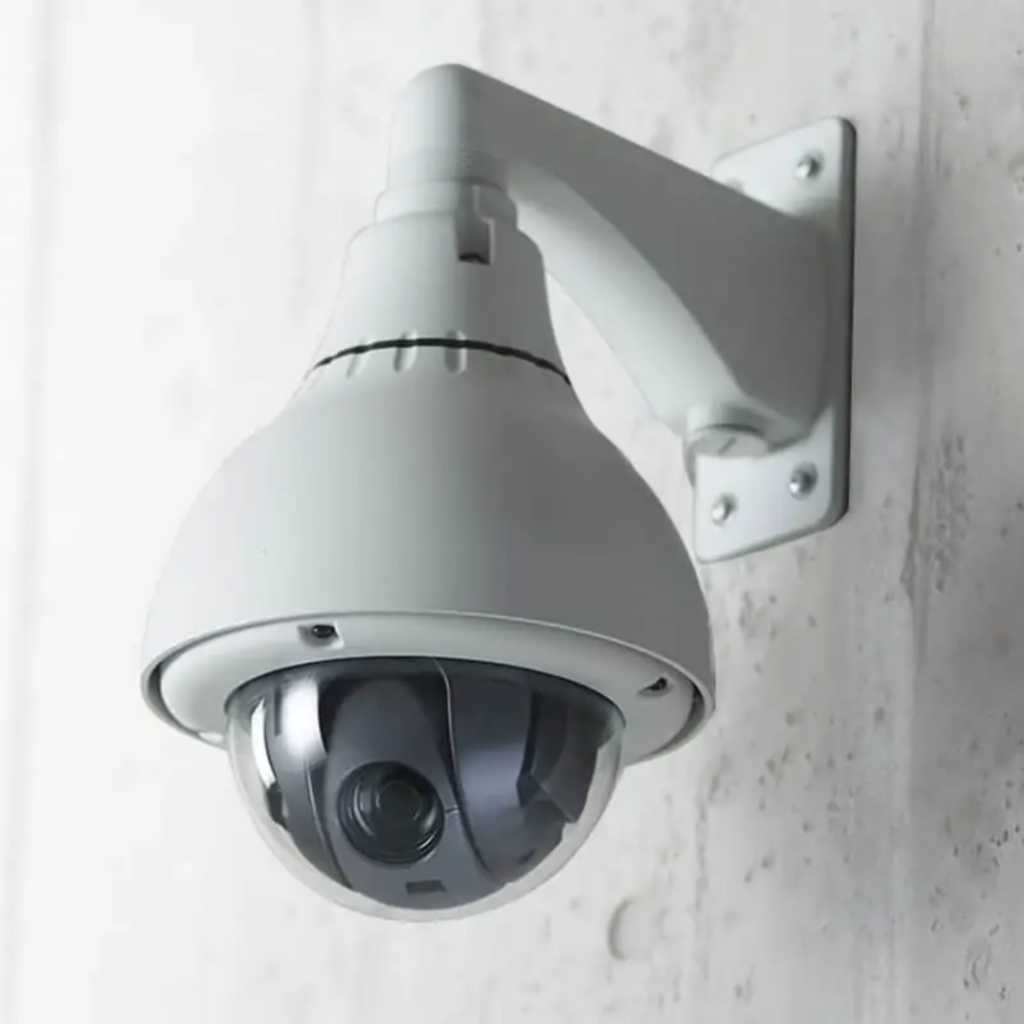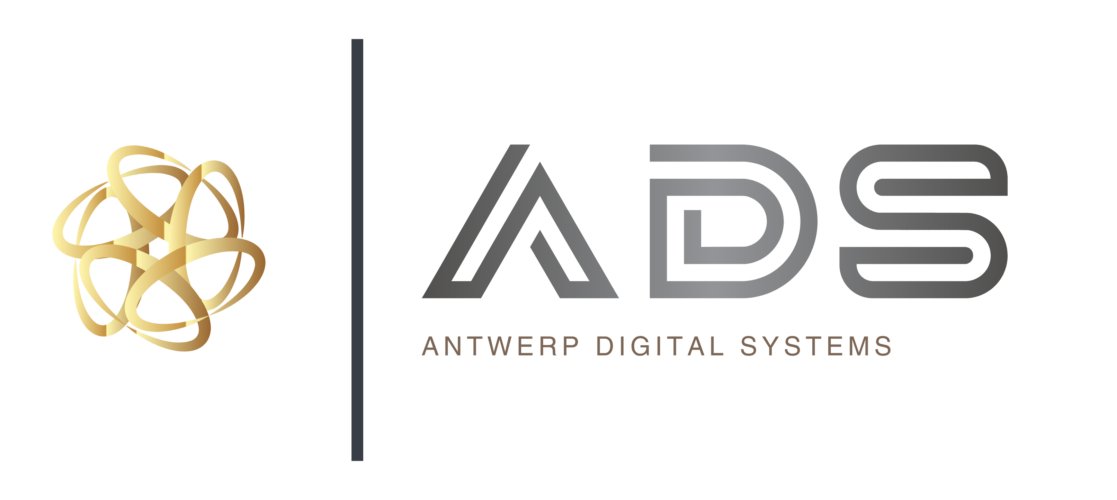Wireless Security Cameras for Businesses
A Comprehensive Guide
As technology continues to advance, wireless security cameras have emerged as one of the most popular and effective solutions for businesses looking to enhance security. Wireless cameras provide flexibility, easy installation, and high-quality surveillance without the need for extensive cabling, making them an excellent choice for a wide range of commercial properties. Whether you operate a small retail shop, a large warehouse, or a corporate office, installing wireless security cameras can significantly improve your business’s security system. This guide will explore the benefits of wireless security cameras for businesses, how they work, and how to choose the right system for your specific needs.
What Are Wireless Security Cameras?
Wireless security cameras use Wi-Fi or another wireless technology to transmit video footage from the camera to a storage device or cloud system. Unlike traditional wired cameras, which rely on cables for both power and data transmission, wireless cameras require minimal wiring, making installation faster and easier.
These cameras are typically connected to a central hub or network via Wi-Fi, allowing users to access real-time footage and recordings remotely through smartphones, tablets, or computers. This remote access capability is particularly valuable for business owners who need to monitor their premises when they are off-site.

Benefits of Wireless Security Cameras for Businesses
Investing in wireless security cameras offers several advantages for businesses of all sizes. From enhanced flexibility to remote monitoring, these systems are designed to meet the evolving needs of modern businesses.
Easy Installation and Flexibility
One of the most significant benefits of wireless security cameras is their ease of installation. Without the need for extensive wiring, businesses can install cameras quickly, reducing the cost and time typically associated with wired systems. This is especially beneficial for businesses with large or complex layouts, where running cables can be both expensive and logistically challenging. Wireless cameras can also be easily relocated if needed, making them ideal for businesses that may move offices, expand, or change layouts frequently. For example, retail shops may rearrange store layouts seasonally, and the flexibility of wireless cameras allows them to adjust security coverage accordingly.
Remote Monitoring and Real-Time Alerts
Wireless security cameras enable remote access, allowing business owners to monitor their premises from anywhere in the world. Using a smartphone, tablet, or computer, you can view live footage, review recorded video, and receive real-time alerts if suspicious activity is detected. This feature is especially valuable for business owners who travel frequently or manage multiple locations. Real-time alerts can be set up to notify you of motion detection, unauthorized entry, or other security breaches. These alerts can help prevent theft, vandalism, and other crimes by allowing you to respond quickly, even when you’re not physically present.
Scalability and Integration
Wireless security cameras offer excellent scalability, making it easy to expand your system as your business grows. Whether you need to add more cameras to cover additional areas or integrate new security features, wireless systems can easily accommodate these changes. Many wireless security systems also integrate with other smart business devices, such as alarms, access control systems, and motion detectors. This level of integration allows for more comprehensive security solutions, providing enhanced protection and convenience for business owners.
Cost-Effectiveness
While wireless security cameras may have a higher upfront cost than wired systems, they can be more cost-effective in the long run due to lower installation costs. Since they don’t require extensive cabling, businesses can save on labor and materials during the installation process. Additionally, wireless systems are less prone to tampering since there are no exposed wires that can be cut or damaged, reducing maintenance and repair costs. The flexibility to move cameras without having to rewire also saves money, especially for businesses that frequently change their layouts or expand their facilities.
Enhanced Security Features
Modern wireless security cameras come equipped with a wide range of advanced features that enhance the security of your business. These include:
- HD or 4K resolution: Ensures clear, high-quality video footage, making it easier to identify faces, license plates, and other important details.
- Night vision: Allows cameras to capture clear footage even in low-light or complete darkness, providing 24/7 surveillance.
- Two-way audio: Enables communication between the camera operator and individuals on the premises, making it possible to warn intruders or communicate with staff.
- Motion detection: Sends alerts when movement is detected in monitored areas, helping to prevent unauthorized access.
- Cloud storage: Allows secure off-site storage of recorded footage, ensuring that important video data is accessible even if the camera is damaged or stolen.
How to Choose the Right Wireless Security Camera System for Your Business
When selecting a wireless security camera system for your business, there are several factors to consider to ensure that the system meets your security needs.
Camera Resolution
High-resolution cameras are essential for capturing clear and detailed footage. Most wireless security cameras offer HD resolution (1080p), while some advanced systems provide 4K resolution for even greater clarity. The higher the resolution, the easier it will be to identify suspects, vehicles, and other important details in the footage.
Field of View and Camera Placement
Determine the areas that require surveillance and select cameras with the appropriate field of view (FOV). Wide-angle cameras are ideal for covering large areas, such as parking lots, entrances, or warehouses, while narrower FOV cameras are better suited for specific points of interest, such as cash registers or storage rooms. Camera placement is also critical. Make sure to position cameras in strategic locations that cover high-risk areas, entry points, and blind spots.
Power Supply Options
Wireless cameras still need power, and there are several options available. Some cameras rely on battery power, while others are plugged into a nearby electrical outlet. If you choose battery-powered cameras, make sure they have a long battery life or are equipped with rechargeable batteries to reduce the frequency of replacements.
Cloud Storage vs. Local Storage
Decide whether you prefer cloud storage or local storage (such as a network video recorder, or NVR). Cloud storage offers remote access and secure off-site storage, making it less vulnerable to theft or tampering. However, cloud services often come with monthly subscription fees. Local storage, on the other hand, gives you more control over your data but may require more maintenance.
Scalability and Integration
Consider whether the system can be easily expanded as your business grows. Look for cameras that integrate with other security devices, such as alarms, access control systems, and smart locks. This integration allows for comprehensive security management through a single platform.
Have a project in mind?
Do not hesitate to say
Why Choose Us
Choosing our company for your IP CCTV installation ensures you receive top-notch service and cutting-edge technology. Our commitment to excellence and customer satisfaction sets us apart in the industry.

Expertise and Experience
Our team comprises seasoned professionals with extensive experience in IP CCTV installations. We stay abreast of the latest industry trends and technologies to provide the best solutions for our clients.
Customized Solutions
We understand that each client has unique security needs. Our tailored solutions ensure that your IP CCTV system is perfectly aligned with your specific requirements and budget.
Reliable Support
We pride ourselves on providing exceptional customer support. From initial consultation to ongoing maintenance, we are dedicated to ensuring your complete satisfaction.
Conclusion
Investing in wireless security cameras is a smart move for businesses looking to enhance their security, monitor activities, and protect assets. These systems offer easy installation, flexibility, and advanced features such as remote monitoring, motion detection, and cloud storage. Whether you’re safeguarding a small retail store or a large industrial complex, wireless security cameras provide the protection and peace of mind that every business owner needs. By selecting the right system based on your specific needs—such as resolution, camera placement, and storage options—you can ensure that your property is secure 24/7. Installing wireless security cameras for businesses is a cost-effective and efficient solution that will continue to pay dividends in improved safety, efficiency, and peace of mind.

